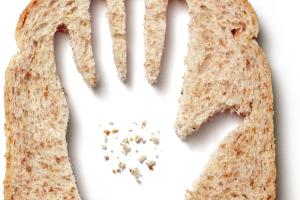The Indian Farmers’ Movement Has Shattered Narendra Modi’s Strongman Image
Jacobin
 The FDA announced that it will withdraw its approval for three chemicals used to make grease, stain, and water repelling food packaging and consider banning seven food additives used in both “artificial” and “natural” flavors. This raises much larger questions about one of the agencies with the most control over the safety of what we eat.
The FDA announced that it will withdraw its approval for three chemicals used to make grease, stain, and water repelling food packaging and consider banning seven food additives used in both “artificial” and “natural” flavors. This raises much larger questions about one of the agencies with the most control over the safety of what we eat.
 FARM subsidies were much more sensible when they began eight decades ago, in 1933, at a time when more than 40 percent of Americans lived in rural areas. Farm incomes had fallen by about a half in the first three years of the Great Depression. In that context, the subsidies were an anti-poverty program. Now, though, the farm subsidies serve a quite different purpose.
FARM subsidies were much more sensible when they began eight decades ago, in 1933, at a time when more than 40 percent of Americans lived in rural areas. Farm incomes had fallen by about a half in the first three years of the Great Depression. In that context, the subsidies were an anti-poverty program. Now, though, the farm subsidies serve a quite different purpose.
Spread the word